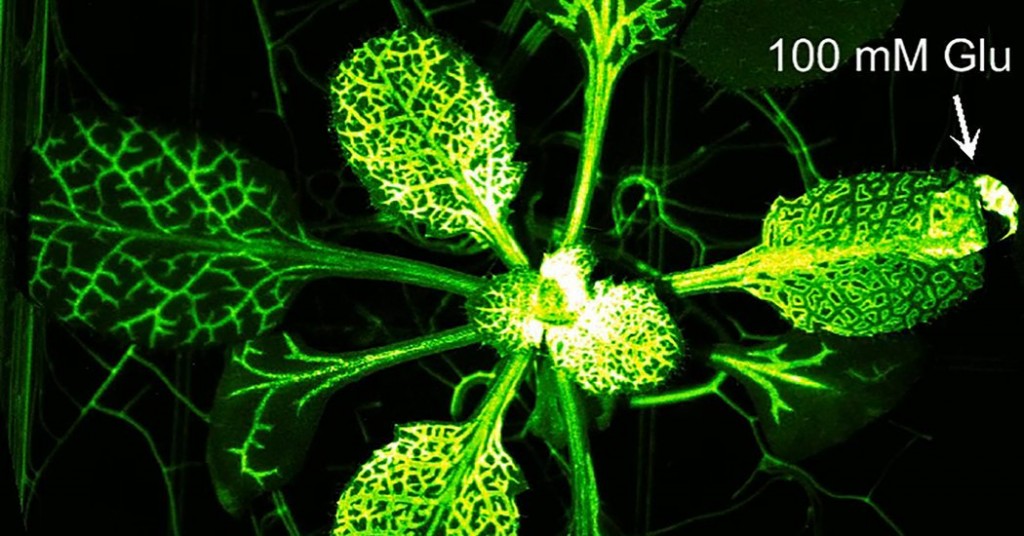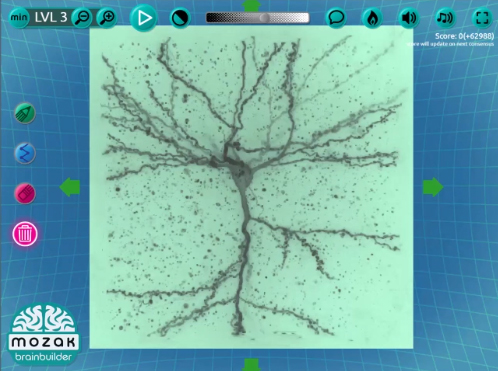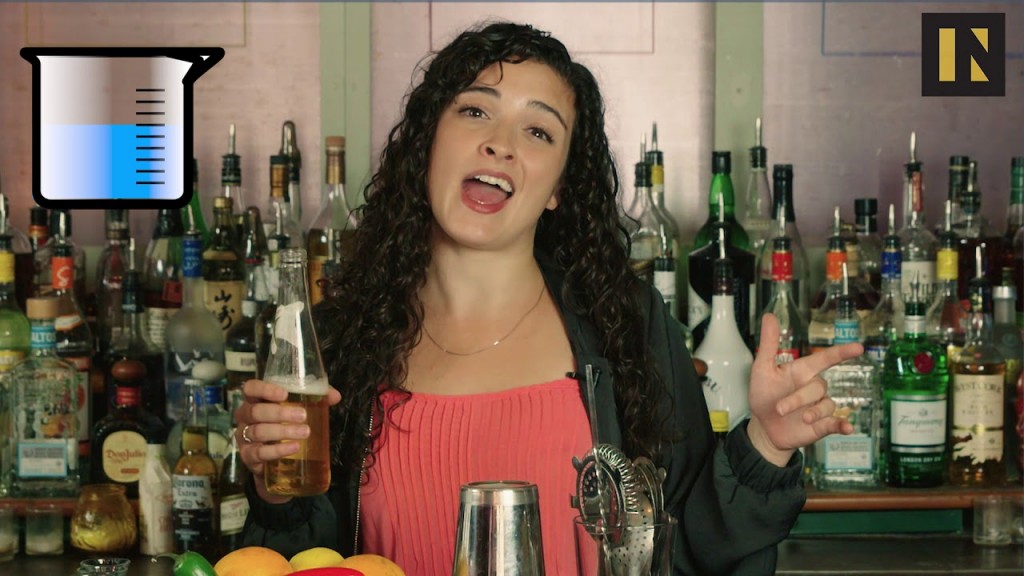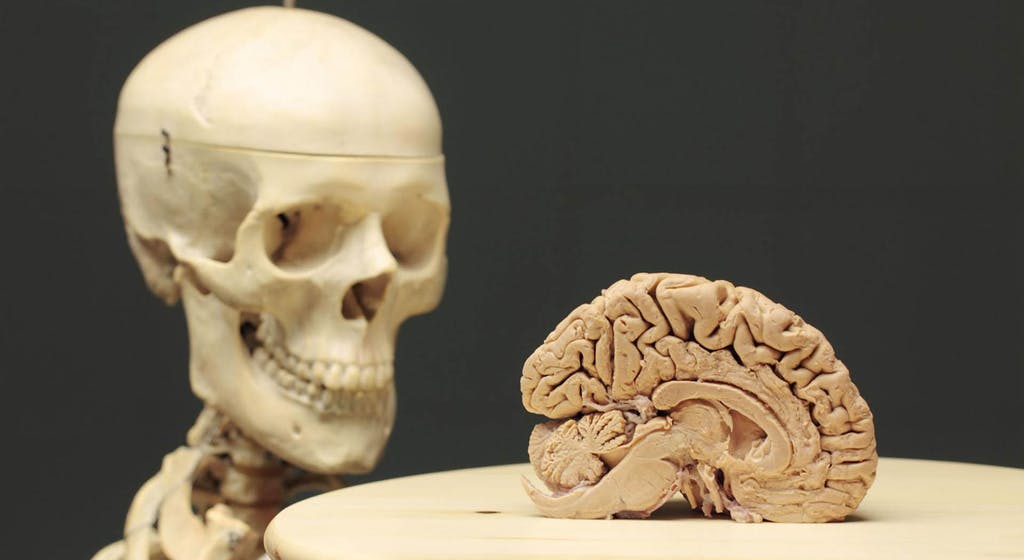Monday, 8 July 2019
Power Weakens Cognitive Abilities To Bond with Other People

This week I’d like to tell you about an article that appeared in The Atlantic in August 2017 and that I’d never gotten around to telling you about before. It was called “Power Causes Brain Damage”, with the subtitle “How leaders lose mental capacities—most notably for reading other people—that were essential to their rise”. The article cites UC Berkeley psychologist Dacher Keltner, whose past work has included studies showing that rich people are more inconsiderate in various situations, such as taking turns with their vehicles at 4-way stops. Apparently, personal wealth provides a feeling of unlimited power that causes rich people to become detached from reality. This finding raises serious questions about the state of mind of the many wealthy people who are elected to represent the people as a whole. (more…)
Mental Disorders | No comments
Wednesday, 26 June 2019
A communication mechanism in plants that resembles the nervous system in animals

In September 2018, the journal Science published an article with the intriguing title “Nervous system-like signaling in plant defense”. This article describes the discovery of an internal signaling mechanism that some plants use when they are being attacked by plant-eating animals. This mechanism uses glutamate, an excitatory neurotransmitter that plays a well known role in the brains of mammals as well. In these plants, the glutamate molecules bind to a receptor similar to the glutamate receptor in the mammalian brain. By doing so, they increase the concentration of calcium circulating between the plant’s cells (made visible in this photo by means of a fluorescent protein), which warns the rest of the plant that one of its leaves is in the process of being eaten. In just a few minutes, according to this article, the plant activates defense mechanisms to protect its other leaves. (more…)
From the Simple to the Complex | No comments
Thursday, 18 April 2019
Online Game Advances Neuroscientific Research
 Five years ago, I wrote a post in this blog about a website called EyeWire, on which Dr. Sebastian Seung and his laboratory enlisted the help of the general public to colour the extensions (axons and dendrites) of neurons on various thin, sequential slices of nerve tissue. The lab then used the results to reconstruct each neuron in 3D on a computer. Today I want to tell you about the Mozak project, which has the same objective of reconstructing neurons in 3D. But where Dr. Seung’s EyeWire project dealt only with ganglion neurons in the retinas of mice, the Mozak project deals with neurons from various parts of the brains of various animals. (more…)
Five years ago, I wrote a post in this blog about a website called EyeWire, on which Dr. Sebastian Seung and his laboratory enlisted the help of the general public to colour the extensions (axons and dendrites) of neurons on various thin, sequential slices of nerve tissue. The lab then used the results to reconstruct each neuron in 3D on a computer. Today I want to tell you about the Mozak project, which has the same objective of reconstructing neurons in 3D. But where Dr. Seung’s EyeWire project dealt only with ganglion neurons in the retinas of mice, the Mozak project deals with neurons from various parts of the brains of various animals. (more…)
From the Simple to the Complex | No comments
Tuesday, 19 March 2019
A neuroscientist gets drunk to explain alcohol’s effects on the brain

And that’s not all she does! She also explains the effects of sugar on the body/brain by eating candy, the effects of insomnia by staying up all night, the effects of the flu when she has it herself and even the effects of a break-up by showing how she responds when her boyfriend breaks up with her (or at least that’s what she lets you believe).
The neuroscientist’s name is Shannon Odell, and at the time this blog post was written, she was a neuroscience Ph.D. candidate at the Weill Cornell Medical College of Cornell University, in New York City. In November 2017, she began producing and starring in a series of 5-minute videos called Your Brain On (Blank), in which she explains very entertainingly and accessibly, but with great scientific rigour, just what happens in your brain and your body when you engage in various kinds of behaviours. (more…)
Pleasure and Pain | No comments
Tuesday, 26 February 2019
A Podcast on the Nature of the Human Mind

Some of you may be aware of the distinction, in Cartesian radical dualism, between the extended thing and the thinking thing, otherwise known as the body and the mind. A similar but perhaps more insidious distinction is made between the brain and the rest of the body. Likewise, the distinction between the individual and the rest of his or her environment is still taken as self-evident. In all three cases, tradition and “basic common sense” naturally lead us to think of the two terms in each dichotomy as clearly separate things. But in all three cases, according to today’s cognitive science, we are quite simply wrong.
In the June 2018 episode of the podcast Brain Science, Ginger Campbell talks with Alan Jasanoff about his book The Biological Mind: How Brain, Body, and Environment Collaborate to Make Us Who We Are. Jasanoff takes issue with what he describes as a certain “mystique of the brain”—our tendency to overemphasize the brain as a “subject”, as it it had its own life disconnected from the organism in which it is housed. Jasanoff reminds us that, on the contrary, the brain is part of this body that is subject to the biological imperative to stay alive, to postpone for as long as possible the victory of entropy, the second law of thermodynamics—in short, death. (more…)
From the Simple to the Complex | No comments







